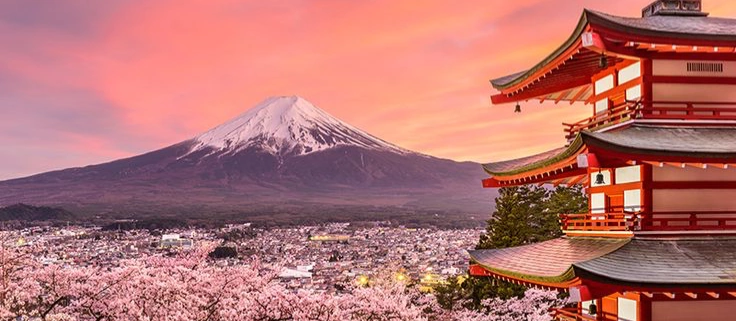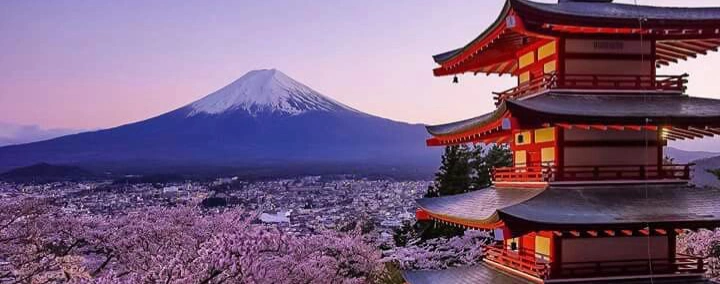Hilarious Videos Posts on Crowch
Every year on November 21, countries around the globe celebrate World Television Day, an observance established by the United Nations General Assembly in 1996. The purpose of this day is not to glorify the television set as an object, but to highlight its role as a powerful medium of communication that can foster education, mutual understanding, and cultural exchange between nations.
Television has been one of the most influential inventions of the 20th century. It has brought millions of people together in front of screens, sharing news, cultural events, sports achievements, and educational content. Through television, we can “attend” the Olympic Games, watch concerts and historic speeches, or witness scientific breakthroughs in real time.

However, World Television Day is also a reminder that with great influence comes great responsibility. Television has the power not only to inform but also to shape public opinion, influence values, and impact worldviews. This is why it is essential for the content we consume to be accurate, ethical, and beneficial for society.
Today, television is undergoing a transformation. Alongside traditional broadcasting, digital platforms and online streaming services are playing an increasingly important role. Yet the essence of television remains the same — it is a powerful tool of communication that can serve the public good, unite people, and promote dialogue between cultures.
Here are a few ways to mark World Television Day:— Watch a documentary that addresses an important social issue.— Discuss with family or friends the programs you watch and their impact.— Support independent broadcasters that prioritize quality content.— Reflect on TV programs that have positively influenced your life.

Television is a mirror of society, and what we see on the screen largely depends on our choices and demand for quality programming. This day is an opportunity to think about how we can use the power of television to benefit communities and the world at large.
Japan is a country where ancient temples stand next to glowing skyscrapers, and tea ceremonies are practiced in the same land that introduced bullet trains to the world. Located in East Asia, this island nation continues to fascinate travelers, artists, technologists, and food lovers alike. Japan is a unique blend of discipline and grace, of spiritual depth and high-tech brilliance, of minimalism and intricate detail.
Japanese culture stretches back thousands of years. Traditions like the kimono, ikebana (flower arrangement), origami, calligraphy, and martial arts (karate, judo, aikido) are deeply rooted and passed down through generations. At the same time, Japan leads in innovation — from robots in hotels to Tokyo’s futuristic skyline and ultra-efficient public transport systems.
One of the most beautiful aspects of life in Japan is its awareness of the seasons. The Japanese celebrate the fleeting bloom of cherry blossoms in spring, admire the fiery maple leaves in autumn, and enjoy fireworks and festivals in summer. This sensitivity to nature is reflected in their cuisine, where freshness, balance, and aesthetic presentation are essential — from sushi and ramen to tempura and matcha desserts.
Japan is a country of incredibly high standards — in cleanliness, education, work ethic, and social interaction. Trains arrive to the second, packaging is done with care and precision, and professionalism is taken almost as a philosophy. Yet, Japan is also full of surprises: owl cafés, vending machines selling hot meals and umbrellas, anime megastores, and quirky fashion trends all coexist in harmony.
Visiting Japan is a deeply memorable experience. It’s more than just travel — it’s an immersion into another way of seeing the world, where tradition remains alive and technology enhances, rather than replaces, human connection. Japan teaches mindfulness, respect, discipline, and how to find joy in the smallest of things.


Japan:
Japan:
Japan is a country where the past and the future exist side by side, where ancient temples cast their shadows on neon-lit streets, and where timeless rituals like the tea ceremony continue to thrive in a land famous for robots, bullet trains, and anime. Located in East Asia and made up of over 6,800 islands, Japan is a nation that fascinates travelers, artists, philosophers, technologists, and food lovers alike. It is a place where discipline meets elegance, where innovation meets introspection, and where minimalism coexists with breathtaking detail.
Japanese culture stretches back thousands of years, shaped by nature, religion, resilience, and refinement. Traditional practices such as the wearing of the kimono, the delicate art of ikebana (flower arrangement), origami, calligraphy, and the philosophical movements behind martial arts (karate, judo, kendo, aikido) are not merely preserved — they are lived. These art forms are not seen as hobbies, but as expressions of character, patience, and mastery.
At the same time, Japan leads the world in innovation. From AI-powered robots in retail and hospitality to Tokyo’s ultra-modern skyline, the Shinkansen (bullet trains) that glide at 300 km/h, and the seamless integration of technology into everyday life, Japan constantly pushes the boundaries of possibility. Yet, this advancement is often grounded in tradition, not at odds with it — a testament to Japan’s unique ability to harmonize opposites.
One of the most poetic elements of Japanese life is its profound awareness of the seasons. There is a cultural reverence for nature’s changing cycles — a concept known as kisetsukan. The blooming of sakura (cherry blossoms) in spring is not just admired, but celebrated through hanami picnics and festivals. In autumn, the vibrant koyo (maple leaf viewing) draws travelers to temples and mountains painted in red and gold. In summer, fireworks festivals (hanabi taikai), lantern-lit streets, and the sound of cicadas bring warmth and nostalgia. Even winter, with its quiet snowfall and hot springs, carries a sense of renewal.
This seasonal sensitivity is reflected deeply in Japanese cuisine. Meals are not just about taste, but about presentation, balance, and the emotional connection to the season. Whether it’s sushi crafted with seasonal fish, ramen steaming with regional flavors, or matcha-based desserts served in delicate harmony, Japanese food is both an art and an act of mindfulness. Every detail, from the arrangement on the plate to the ceramic dishes used, is thoughtfully considered.
Beyond aesthetics, Japan is a society of high standards — in etiquette, hygiene, hospitality, education, and punctuality. Trains are famously precise, often arriving within seconds of their scheduled time. Public spaces are immaculately clean, even without public trash bins. Packaging — whether for a simple snack or a gift — is done with care, reflecting a culture where respect and consideration are woven into everyday interactions.
Yet, Japan is also full of joyful contradictions and unexpected quirks. You might walk out of a centuries-old shrine and find yourself across the street from a glowing anime megastore, a futuristic vending machine that serves hot meals, or a themed café where you can sip coffee while petting owls or hedgehogs. Fashion in districts like Harajuku defies convention, blending punk, kawaii (cute), and traditional styles into bold statements of individuality.
For visitors, Japan offers more than just a destination — it offers transformation. Whether it’s bowing respectfully upon entering a shop, removing shoes before entering a home, or sitting silently in a Zen garden, travelers quickly realize they are engaging with a different rhythm of life — one that values intentionality, respect, and harmony. Japan teaches you to slow down, to notice beauty in simplicity, to listen more, and to do things with care and pride.
To visit Japan is to witness a living paradox: the ancient and the futuristic, the simple and the ornate, the serene and the electric. But what stays with you long after you’ve left is the feeling that everything in Japan has meaning — a sense that nothing is rushed, nothing is wasted, and that even the smallest act — pouring tea, wrapping a gift, greeting a stranger — can be done with grace.
Japan doesn’t just show you a new country — it offers you a new way of seeing. A lens through which discipline becomes beauty, technology becomes human, and tradition becomes innovation. And in this delicate balance, you may just find something you didn’t expect: yourself.